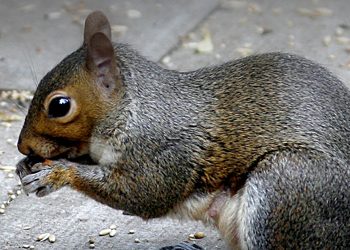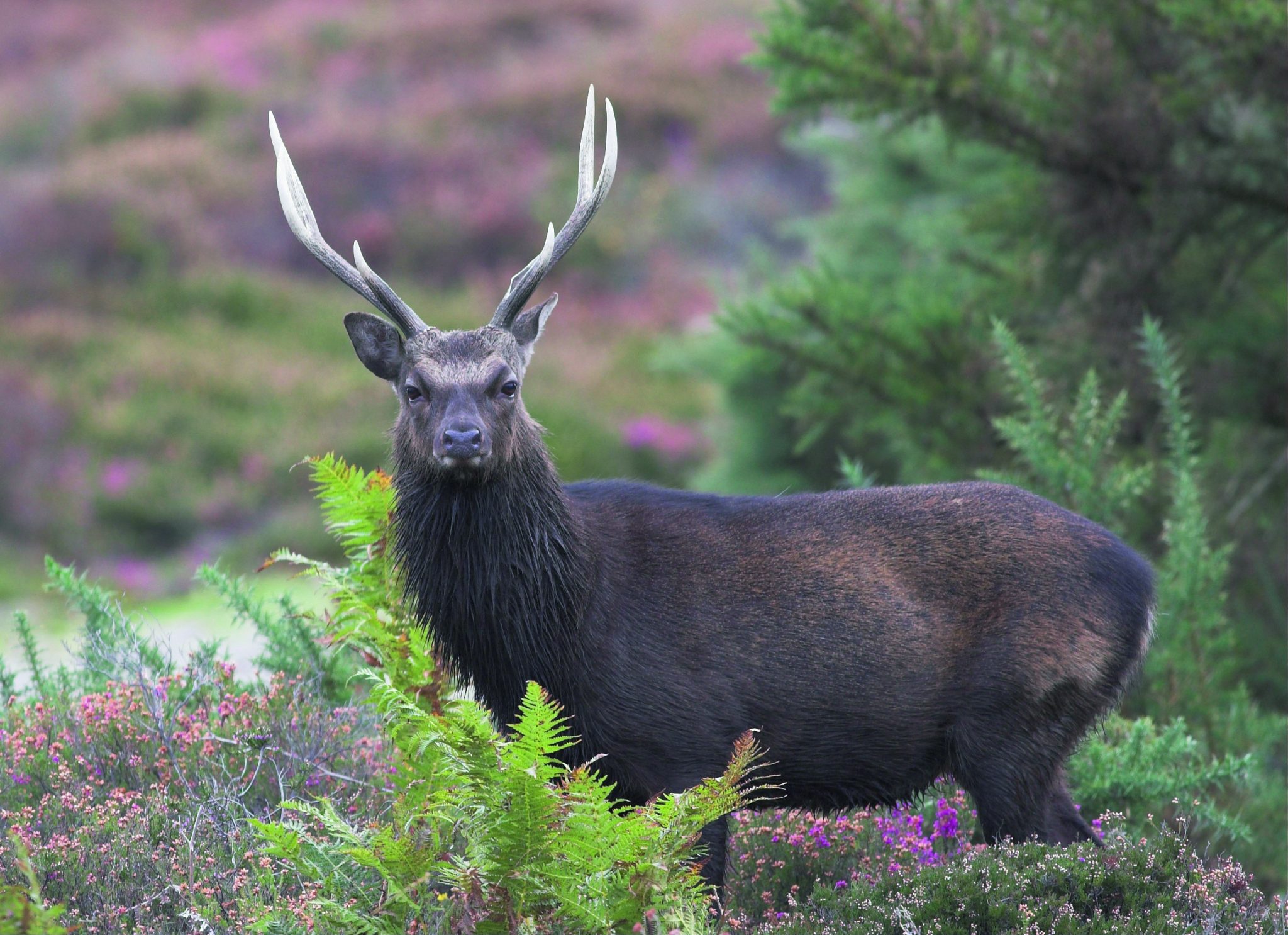News
Impact of grey squirrels ‘insignificant’ says study
A controversial study shows the effect of England’s two million grey squirrels on woodland birds is insignificant.
Would you like to speak to our readers? We offer sponsored articles and advertising to put you in front of our audience. Find out more.
A controversial new study that claims grey squirrels do not have a significant impact on the populations of England?s woodland birds, has been dismissed by conservationists.
The study, Potential impact of grey squirrels on woodland bird populations in England, was published in the January issue of the Journal of Ornithology.
Reviewing data from the British Trust for Ornithology?s (BTO) Breeding Birds Surveys, researchers from the BTO and Natural England examined the impact of grey squirrels on 38 bird species across the country.
The researchers concluded grey squirrels had a negative effect on just 5 woodland bird species, including the common blackbird, green woodpecker and Eurasian collared dove.
The findings of the study contradict the widespread view that grey squirrels have caused declines in woodland bird numbers over the past 40 years.
BTO ecologist, Dr Stuart Newson, said grey squirrels may locally suppress the populations of some species, but they do not cause the birds any lasting harm.
?This was the first national analysis of its type to be carried out, so I was open-minded as to what I might find. Grey squirrels are very unlikely to have driven observed declines in woodland birds in recent years,? said Dr Newson.
Conservationists disagree with the findings, however.
Nick Forde of SongBird Survival said: ?We regard correlative analyses of observational data sets with caution. In our view, using the Breeding Bird Survey to examine a complex problem like predation is using a rather blunt instrument. It is an inescapable fact the grey squirrel is a highly invasive non-native predator. One should consider it is probably in the interests of major conservation organisations not to find a problem with grey squirrels or otherwise they would have to do something about it. ?
Mark Wilkinson is a red squirrel conservation officer for the Save Our Squirrels Project, he also considered the findings were inconclusive: ?It is evident the study has shortcomings in providing a robust assessment of the impact that grey squirrels have on native bird populations,? he said.
He pointed out though red squirrels are also known to predate eggs and nestlings, red squirrels live in much lower densities than grey squirrels and, at about half the body weight, they require far less food than greys.
Mr Wilkinson added that the findings are not conclusive.
?Though this study provides an insight into the impact of grey squirrels on native woodland birds, it appears to be far from robust or comprehensive enough to support the conclusion that grey squirrels do not have a significant impact on the populations of many of England?s woodland bird species,? he said.
Discuss whether there should be a national cull of grey squirrels in the UK?
Related articles
News
PETA attacks royal couple for breeding cocker pups
The Prince and Princess of Wales have faced criticism from animal rights group PETA after they had a litter of puppies
By Time Well Spent
News
Farmers launch legal review against Reeves’s farm tax
Chancellor Rachel Reeves faces a judicial review over inheritance tax reforms that could force family farms out of business
By Time Well Spent
Manage Consent
To provide the best experiences, we use technologies like cookies to store and/or access device information. Consenting to these technologies will allow us to process data such as browsing behavior or unique IDs on this site. Not consenting or withdrawing consent, may adversely affect certain features and functions.
Functional Always active
The technical storage or access is strictly necessary for the legitimate purpose of enabling the use of a specific service explicitly requested by the subscriber or user, or for the sole purpose of carrying out the transmission of a communication over an electronic communications network.
Preferences
The technical storage or access is necessary for the legitimate purpose of storing preferences that are not requested by the subscriber or user.
Statistics
The technical storage or access that is used exclusively for statistical purposes.
The technical storage or access that is used exclusively for anonymous statistical purposes. Without a subpoena, voluntary compliance on the part of your Internet Service Provider, or additional records from a third party, information stored or retrieved for this purpose alone cannot usually be used to identify you.
Marketing
The technical storage or access is required to create user profiles to send advertising, or to track the user on a website or across several websites for similar marketing purposes.





